Neutering a dog is beneficial in numerous ways. The procedure prevents testicular cancer, canine overpopulation, and canine aggression, just to name a few. While the majority of pet owners eventually make the choice to neuter their dog, they might be discouraged as they learn of the cost.
Therefore, how much will it cost to neuter a dog? Thankfully, getting your pet fixed is very affordable. There are likely even some low-cost neutering choices in your locality, depending upon where you reside. With the proper resources and knowledge, you will have the ability to schedule your pet for a neuter procedure without having to break the bank.
What to Expect When Neutering Your Dog
The choice to neuter a dog is a critical aspect of being a dog owner. Even though the surgery is standard, it may be nerve-wracking taking your pet in for an operation. Despite the angst of placing your dog through the treatment, most pet owners discover that neutering their pup is worth it.
Advantages of Neutering a Dog
There are several advantages of neutering or spaying your dog. Besides steering clear of unwanted pups, there are several pros to neutering a dog. A neutered dog is less likely to contract specific illnesses, which includes testicular cancer and prostate disease. Dog neutering benefits also include a decrease in enlarged prostate size. Neutering is suggested for canines even if their testicles do not descend because this may be an indication of testicular tumors.
A fixed canine also will have a calmer demeanor, as well as “mark his territory” less both outside and inside your house. It’s because neutering a dog reduces his levels of testosterone, toning down the instinct to have dog aggression, as well as announce his dominance. A neutered pup is less than likely to escape and try to find a mate. Finally, the treatment is related to dogs living happier, longer lives.
What Occurs When a Canine is Neutered?
Understanding what to expect as your pup is neutered might assist in putting your mind at ease. Neutering is a sterilization treatment given to male dogs to keep them from reproducing. Neutering a dog is a fairly simplistic procedure. A vet places the dog under anesthetics and cuts an incision into the front of the dog’s scrotum. The dog’s testicles are extracted through the incision and stalks are cut. In the majority of cases, the incision is closed with sutures.
What’s the Difference Between Neutering and Spaying Dogs?
Plainly put, male pups are neutered, and females are spayed. As a female gets spayed, a veterinarian takes out her fallopian tubes, uterus, and ovaries. Similar to neutering, spaying keeps a dog from having the ability to reproduce and prevents her from going into heat. Spaying renders the female no longer able to reproduce, as well as eliminates the heat cycle.
Alternative treatments to spaying and neutering are available, yet not common. Some dog owners choose vasectomy for their male pet, severing the tubes which conduct sperm from their testicles. An ovariectomy involves an alternative treatment for females where only her ovaries are taken out.
When Should you Neuter your Dog?
Dogs may be neutered after 8 weeks of age, yet some vets might suggest waiting until the pup is 6 months of age to neuter him. Consult a veterinarian to figure out the best time to neuter the dog.
Usually, if canines are neutered before they reach puberty, they’ll grow to be smaller than the ones that receive the treatment after puberty. Generally, dogs which are neutered before going into puberty do not grow as much as the ones neutered after puberty. It’s believed to be due to testosterone dictating when a dog’s bones ought to stop growing and with reduced hormone levels, some canines might continually grow.
Getting Your Dog Ready to Be Neutered
The majority of vet offices will provide pre-surgical bloodwork to make sure the dog is in good health and a suitable candidate for the treatment. If your dog has an underlying health condition, it might influence whether or not anesthetics are administered.
In preparation for dog neutering, be certain to clearly follow the directions of your vet. In the majority of cases, you’ll be asked not to feed your dog at least 8 hours before the operation to avoid a nauseating impact from the anesthetics. Allowing your pet to drink water before the treatment usually is okay.
The Day of the Surgery
Most vet clinics request that dog owners drop their dog off in the morning to get neutered and pick them up in the afternoon following the treatment. The process of dog neutering typically only takes about 20 minutes.
Dogs are offered anesthesia which lasts for approximately twenty minutes during which the veterinarian performs the operation. While the pup is anesthetized, the vet closely monitors his respiratory system and heart to ensure he’s stable during the treatment. Afterwards, your dog will rise and be placed in a comfortable, warm area for the next couple of hours. Most dogs will be prepared to be picked up later on the same day.
As a dog gets neutered, the vet typically clips or shaves a substantial quantity of hair on his stomach. It ensures the treatment will be conducted in a clean, safe manner and is nothing to be concerned about. Some veterinarians apply a small tattoo to the dog’s tummy that indicates he was fixed. After the surgery, some pet owners see razor burn on the shaved region. It’s normal and usually resolves by itself.
Picking Up the Dog After He Gets Neutered
Bring a comfortable carrying case or towel along with you when you pick up your dog from your vet. You will want to make your dog as at ease as possible for the ride home. It might seem like an excellent idea to bring a treat for your pet to eat, yet you will want to hold off until the anesthetics completely wear off to avoid possible vomiting in your vehicle.
Upon picking your dog up from the veterinarian, he’ll probably look groggy and might show indications of discomfort or pain. It’s normal for canines to lick the site of the incision after getting neutered, yet if he cannot leave it alone, you might invest in a cone collar. You may see different behaviors or symptoms directly after surgery; however, in the majority of cases, your dog will act like himself. As some canines are more sensitive than other ones to anesthetics, your dog might appear lethargic and subdued. If that’s the case, take care in letting him rest and pampering him. The majority of dogs will begin to act like themselves again after their initial night of rest back home.
As you arrive home, give your pet a small meal of his routine dog food. It’ll help with the process of healing after almost one day of fasting. Keep an eye on your dog for indications of an upset tummy after his first meal home.
Do not be surprised if you see that your pet’s stomach has been shaved as it’s a standard aspect of a neuter or spay procedure. You also may see where the incision was made. But, neuter incisions on males typically are hidden between their hind legs.
What’s the Price of Neutering a Dog?
Even though most pet parents are onboard with neutering or spaying their pooches, some might be intimidated by the dog neutering cost.
How much to neuter a dog will depend upon:
- Specific vet clinic policies
- Complexity of the surgery
- An underlying health condition your dog has
- Whether your dog has reached puberty
- Your dog’s age
- Breed of your dog
- Size of your dog
- Where you live
How much does it cost to neuter a dog at a low-cost veterinarian clinic or Humane Society typically ranges from $50 - $125 depending upon the age and size of your dog. Some pet hospitals might charge as much as $250 for spaying dog costs on males. Spaying females are more complicated procedures which usually are $50 - $175. Modern treatments may be done using lasers. Such canine neutering a dog costs typically runs from $150 to $500.
Even though the cost to neuter dog’s charges cash upfront the surgery will save you money in the long-term. The time commitment and price of caring for a puppy litter is a lot greater than dog neutering!
What is Included in the Price of Dog Neutering?
As a dog gets neutered, the veterinarian makes his incision close to the scrotum and extracts both of the testicles through that incision. Sutures typically are used to close the site of the incision after the surgery. In the majority of cases, general anesthetics are given to puppies that are neutered, yet an underlying health condition might affect this choice. The cost to neuter dog typically comes at a flat rate and does include each of those components.
Extra Costs of Dog Neutering
Some dog owners might be charged an additional fee for spaying or neutering if their dog is substantially obese or, in the instance of females, in heat or pregnant. The extra cost of neutering a dog on an overweight dog usually is about $25, while an upcharge for in heat or pregnant pup spaying ranges from $50 - $100.
Pre-operative blood work might be advised to prevent complications with the operation or anesthesia which may cost as much as $50. After the operation, some pups are prescribed medicine which typically is an extra charge.
Low-Cost Dog Neutering
If you cannot swing the price no matter how much to get a dog neutered cost at a vet clinic or animal hospital, some shelters will conduct the surgery for under $50. Pet shelters have the ability to provide low-cost neutering because they get subsidies. You might even come across a student who works at an animal shelter who may conduct the surgery for free. Depending upon where you reside, Pit Bulls (and mixes) may have the ability to be neutered free of charge to prevent aggression.
Perform your research on vet clinics, shelters, and animal hospitals in your region to compare dog neutering prices. The ASPCA has a search tool online which assists pet owners in finding affordable clinics within their locality. In addition, the Animal Liberation Front is a great resource for low-cost and free neuter locations by state. Low-cost surgeries don’t necessarily mean your dog will obtain inferior treatment.
Why Should You Neuter Your Pet?
If you just brought home a new pup to your loved ones or are thinking about adopting a puppy soon, among the most critical decisions you will make is to neuter or spay your dog.
The lengthy list of advantages to dog neutering include:
- Overall more well-behaved dog
- Decreased tendency to “mark territory”
- Decreased roaming risk
- Diminished barking, aggression, as well as inappropriate mounting
- Protection from testicular and prostate tumors
- Prevention of dog overpopulation
A main aspect of being a dog owner involves keeping them from having undesired puppy litters. It’s your job to get your pup neutered, no matter what the price is. It’s why it is important to fully understand the expenses related to neutering a dog before you commit to adoption. A neutered canine contributes to helping the homeless dog crisis, and it is essential that pet parents do their part.
Dog Neutering Misconceptions
Some folks think that neutering or spaying a dog will cause obesity. But no research has proven that fixing a pooch alters their metabolism. Overfeeding a dog or not offering him enough exercise will contribute to canine obesity. It is up to dog owners to ensure that their dog receives the proper amount of physical activity and food.
Even though dog neutering usually will decrease and prevent aggression, as well as additional undesired behaviors that are caused by testosterone, the operation isn’t a fast fix for all dog behavioral problems. An operation doesn’t guarantee that your pet’s temperament will change. As for neutering a male pup lowers testosterone levels, the hormone won’t be entirely eliminated. In addition, if your dog already has developed some habitual traits in behavior, it isn’t likely they’ll be reversed by the surgery. All in all, the impact of dog neutering will depend mainly on your dog’s history and his unique physiology and personality.
When Should You Choose to Get your Dog Neutered?
Males usually are fixed around 6 months old yet pups as young as 8 weeks of age safely can be neutered so long as they’re in good health. Dogs also can be neutered as an adult. But, treating older canines poses a somewhat greater risk of complications.
As aforementioned, if canines are fixed before they reach puberty (around 6 months old), they’ll usually grow to be smaller than dogs that receive the treatment after puberty.
Many vets recommend that females be spayed at 6 months, as the surgery requires general anesthetics. Placing young puppies under anesthetics poses more risks than with somewhat more mature dogs. In addition, some veterinarians suggest that dogs reach puberty before they get spayed, which typically is between 5 - 9 months old. But advanced protocols and modern technology permit most veterinarian offices to safely anesthetize even the smallest of pets. An animal hospital that has a highly trained team might be able to spay puppies at 2 - 3 months old. Speak with your veterinarian about the best point to neuter or spay your pup and the puppy neutering cost.
Helping Your Dog After and Before Surgery
Your pet hospital or vet clinic will provide you crucial pre-surgical directions before the neuter treatment, and it is important to follow them. Generally, pet owners ought to avoid giving their pet any dog food after midnight on the evening before the neuter appointment. But puppies require sufficient nutrition; therefore, your vet might not recommend fasting for extremely younger dogs
Your veterinarian staff also will offer you post-operative care directions after neutering the pooch. Some canines will suffer pain or discomfort after surgery, yet your vet will take all of the precautions to keep this from occurring.
To assist your dog in recovering comfortably and safely after getting neutered:
- Call your vet if he’s vomiting, lethargic, or has a decrease in appetite
- Call your vet if you see swelling, redness, or discharge at the site of the incision
- Regularly check the sutures to ensure the incision is properly healing
- Avoid bathing for 10 days if possible
- Keep him from licking the site of the incision with an Elizabethan collar, if necessary
- Minimize exercise for up to 2 weeks after the operation
- Create a comfortable, quiet space for him to lie down
A neuter surgery shouldn’t come as a shock to any dog owner. Thankfully, the operation will not be a financial or medical emergency, so you will have the ability to prepare accordingly. The choice to become a pet parent shouldn’t be taken lightly. Dog owners have the responsibility of ensuring the safety, happiness, and health of their dogs, and neutering a pooch is part of that job.
Sources:
Spaying and Neutering Dogs 101Neutering in Dogs
Long-Term Health Effects of Neutering Dogs
CBD OIL FOR DOGS

Thanks for stopping by!
P.S. We Love You!
Sincerely,
The Innovet Team
Please do not ask for emergency or specific medical questions about your pets in the comments. Innovet Pet Products is unable to provide you with specific medical advice or counseling. A detailed physical exam, patient history, and an established veterinarian are required to provide specific medical advice. If you are worried that your pet requires emergency attention or if you have specific medical questions related to your pet’s current or chronic health conditions, please contact or visit your local/preferred veterinarian, an animal-specific poison control hotline, or your local emergency veterinary care center.
Please share your experiences and stories, your opinions and feedback about this blog, or what you've learned that you'd like to share with others.










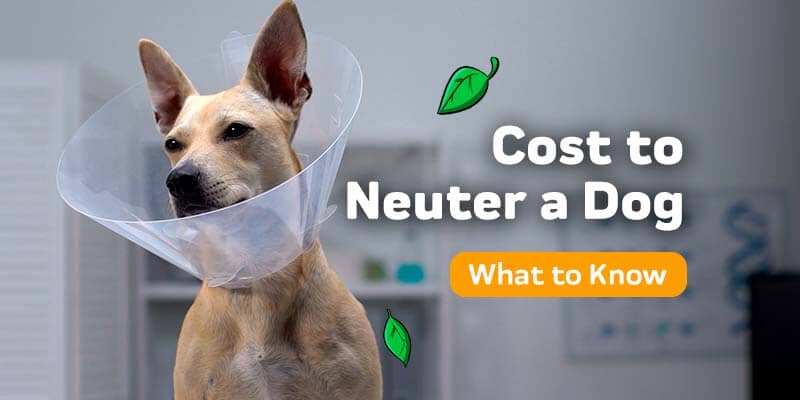
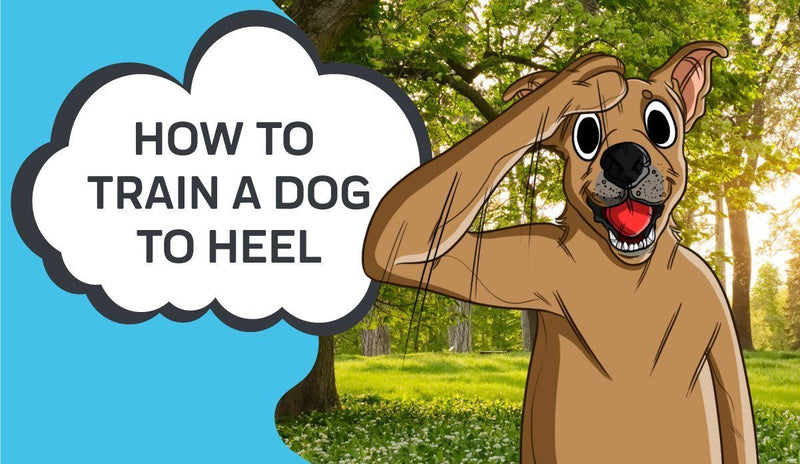
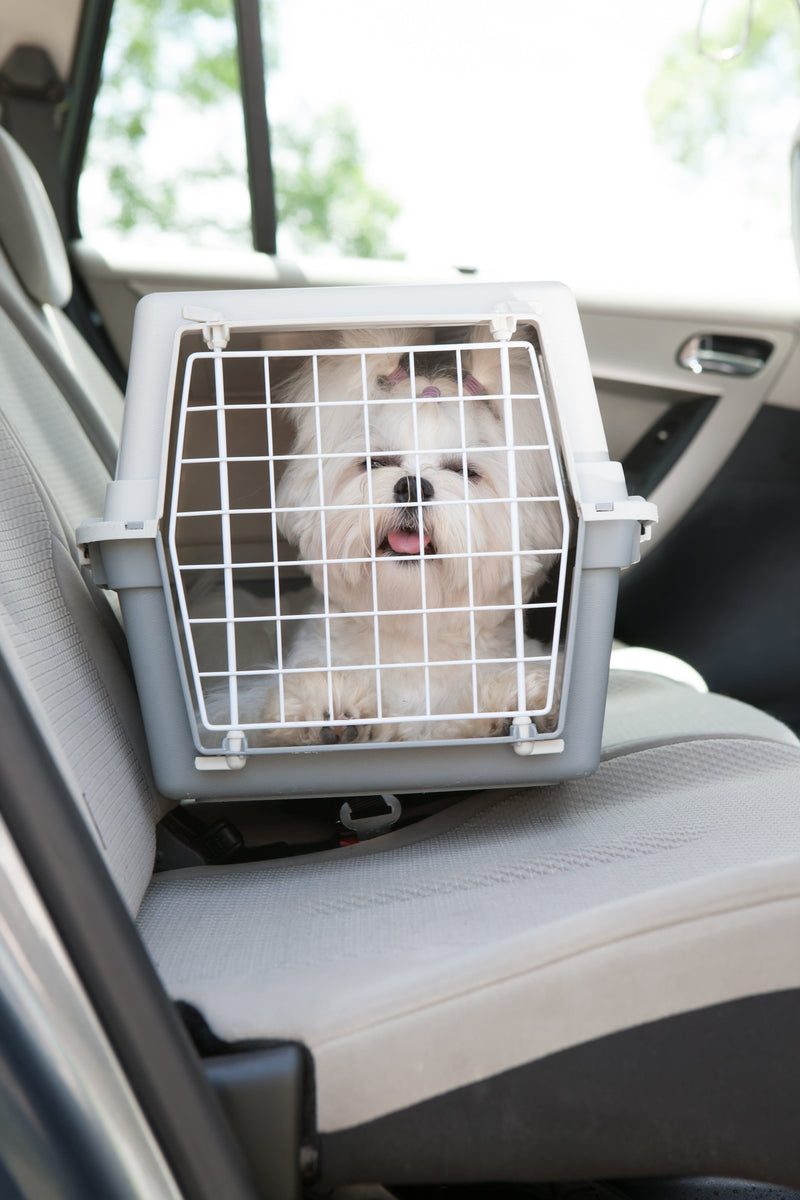
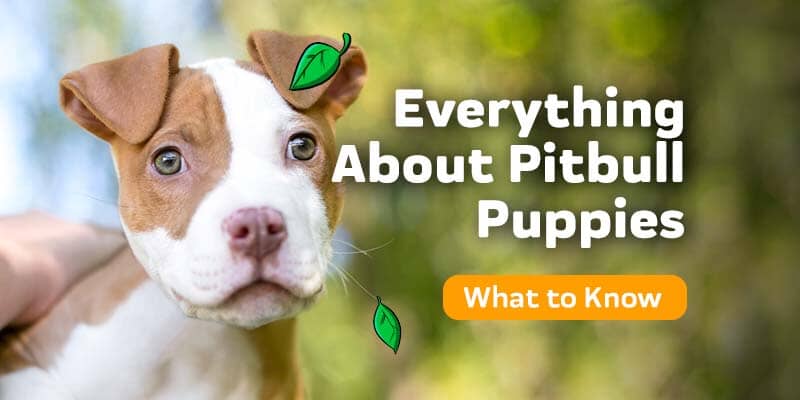
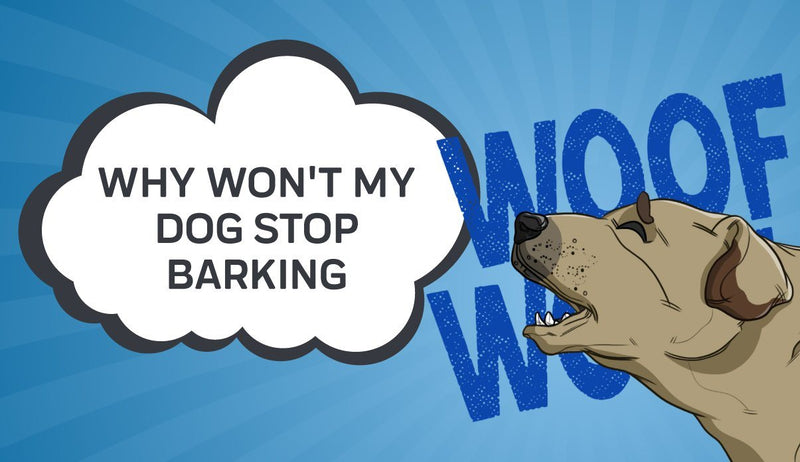
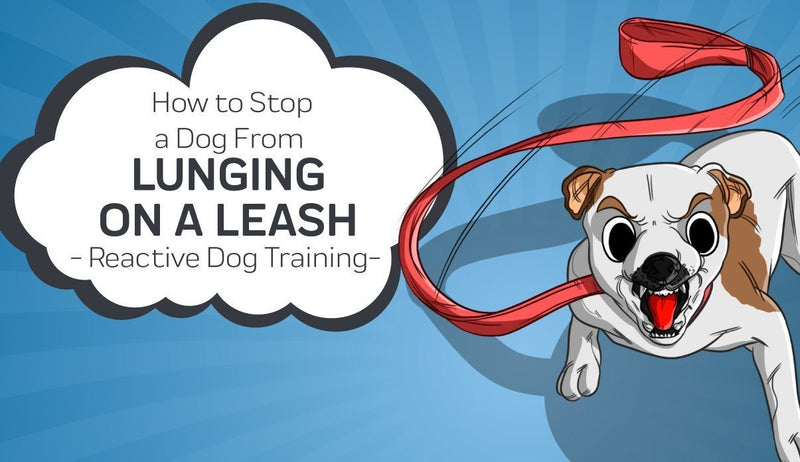
Hello Frieda,
To avoid this fine from animal control we recommend you reach out to your veterinarian or local humane society as soon as possible. Schedule an appointment with them now and neuter your dog before it’s too late!
Hello! Great read. I totally agree that dogs should be neutered, and today animal control came to my house saying so too. They said I must neuter my dog or else I will get fined! What do I do now?